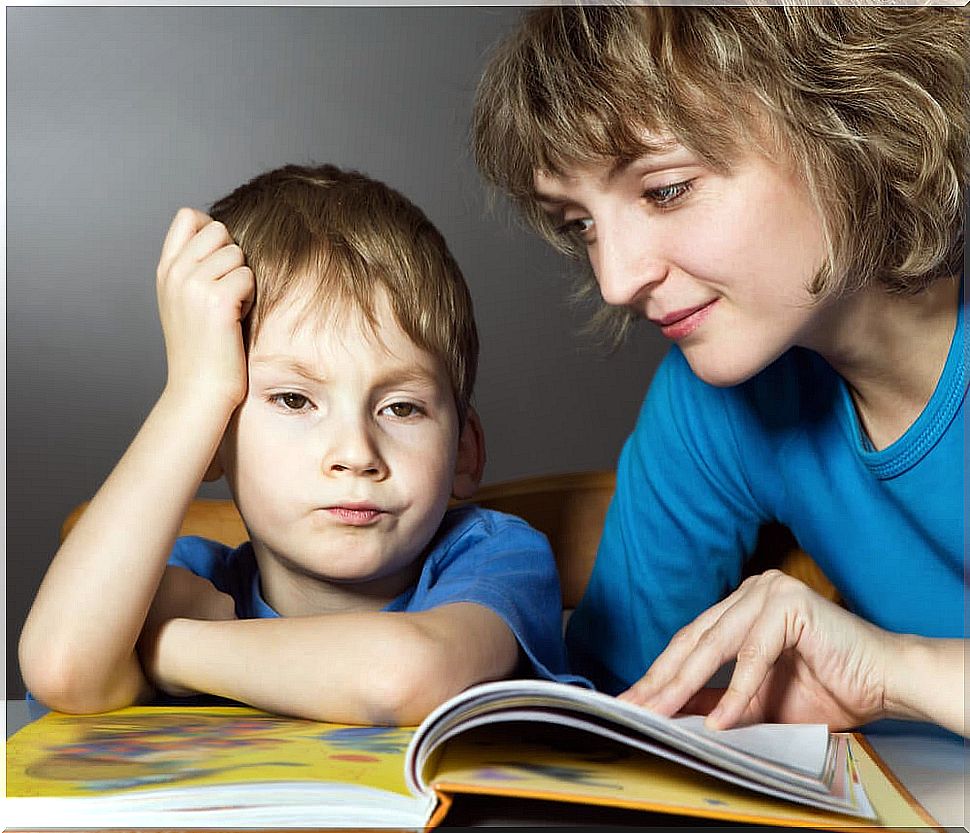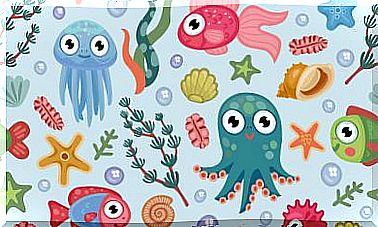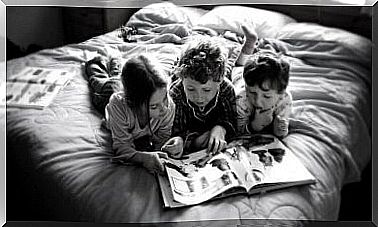Is It Good For Children To Learn To Read Before The Age Of 6?

Children, as developing human beings, are naturally curious. It is said that they are like little sponges eager to know what is around them. Now, if they see the letters of the stories and want to know what they mean, is it good for them to learn to read before they are 6 years old? Or is it better for them to focus on adult drawings and oral narratives until that age?
It is common to see mothers and fathers who feel proud because their little ones stop peeing in the diaper very soon or learn vowels with a few years. Now, this is not inherently good, especially when it is forced by adults and forced learning by children.
In the case of learning to read, there are contradictions. There is not even an unwritten law that requires children to start reading at a certain age. English boys do it at 5, Chinese at 3 and Finns at 7.
It is possible to think about how old is the good one, which is why the Finnish system stands out. They start reading and writing very late. However, educationally it is one of the most advanced countries in the world. Perhaps it is because of the freedom that children are allowed to develop according to their particular needs and interests?

Why might it not be good for children to learn to read before the age of 6?
There is some consensus among parents and educators that it is not always positive for children to learn to read before the age of 6. Moreover, before that age, children have not developed the specific skills to face this learning.
Remember that, to learn to read and write, you must first develop motor skills, both fine and gross. First, we will move the arms, then the fingers. And, thus, once we have the capacity, we can handle the pencil with ease and with the ability to direct it at will.
However, if a child who is not ready to read or write is forced ahead of time, he may feel frustration, even anguish. What’s more, it could confuse the adult (father, mother, teacher …), who may think that he or she has a learning disability.
But it’s not like that. The infant stage is a time for the little ones to learn to write and read when they are ready. Therefore, it is more useful to encourage their creativity and their desire for discovery than to force them to read or write before their time.
The consequences
It is considered that if the moment of learning is advanced, reading in this case, it can cause rejection in the child, even a blockage that would slow down its growth and natural development.
Accelerating this process can also cause poor learning, so that the child will write with spelling mistakes and read with little attention, with a feeling of rejection and even with low self-esteem, as it could be seen as inferior to other children who do write and read now, because maybe they learn faster or are more curious about this work.
We can also cause other unwanted situations. For example, that the little one suffers anxiety before the challenge or for fear of not doing well. You could even end up losing interest in reading and writing if you are not interested or find it too difficult.
And it is that learning is a kind of path that begins at birth. However, each individual has their own rhythm. For this reason, it is convenient that, instead of demanding specific learning, we encourage them to become curious about things, such as sports, drawing, writing and reading, etc. But, yes, everything in due time, at its own pace, in line with the particularities of the little one.

As for reading before 6 years old …
If we let children follow their learning pace, without forcing them to learn to read before the age of 6, for example, perhaps one day, as Sir Francis Bacon says, they will be able to chew and digest a good book knowing and understanding what it is. exactly what they just read. And it is that, the fact that they not only read, but that they enjoy reading, should worry us more than that they know how to do it ahead of time.









